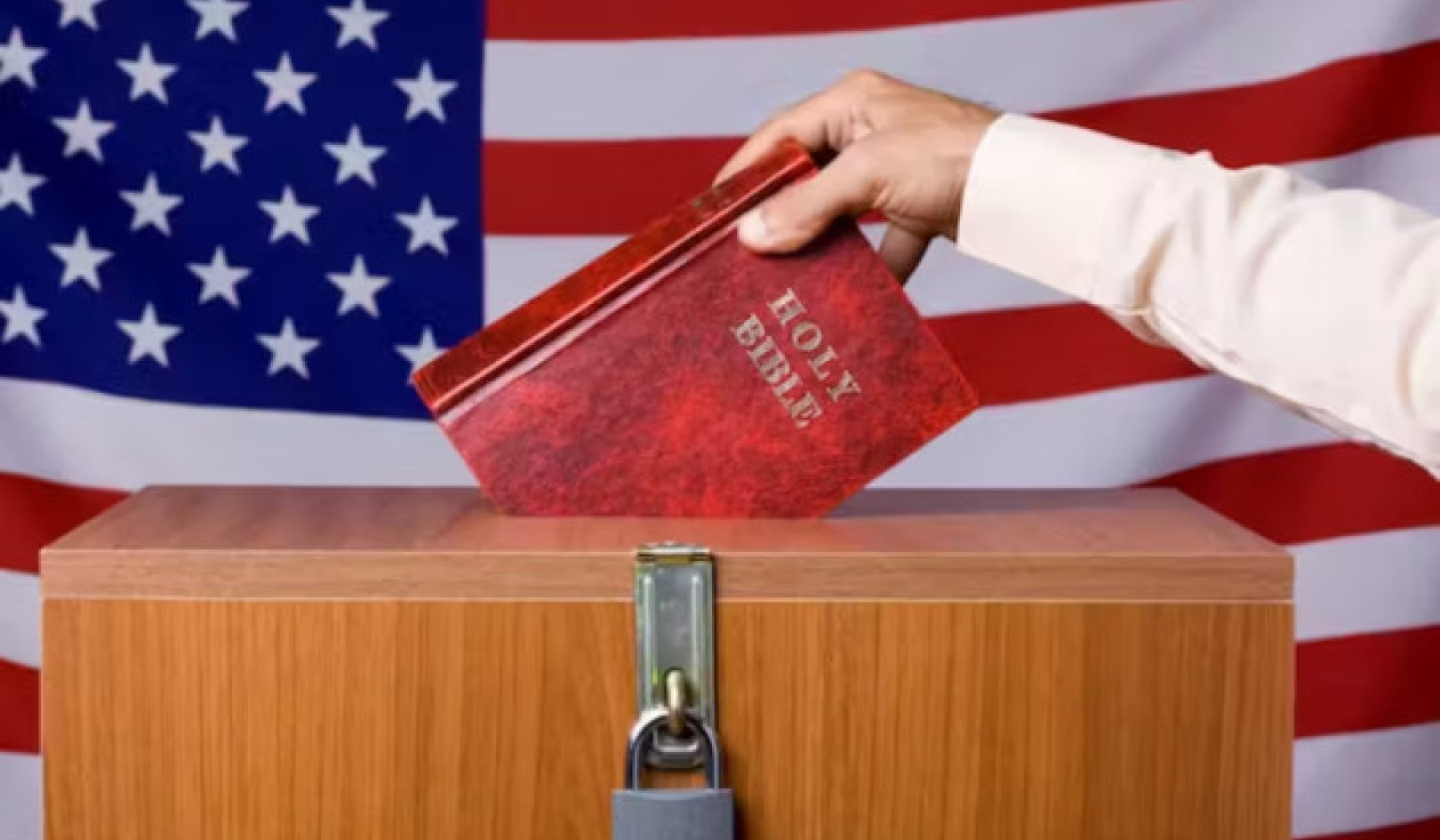
Image by Jeff Juit
We all know that for a love-connection to work, a delicate balance must be maintained. Without emotional symmetry the dynamics of the relationship become unstable. If one side loses passion, the other becomes insecure, and vice versa. It’s a matter of relationship mechanics. If one partner pulls away, the other tends to push forward. One shuts down romantically, the other heats up.
Let’s explore what it feels like to be at the wanting end of love and what to do about it— how to prevent your clinging feelings from sabotaging your relationship.
DR. JEKYLL AND MR. SUCTION CUPS
Emotional suction cups rise to the surface involuntarily when someone triggers your abandonment fears. Some suction cups are huge and hairy and aim straight at your loved ones in an engulfing manner. Other suction cups make a more subtle appearance and are neatly trimmed and groomed; they might be disguised by nonchalant mannerisms your lovers can mistake for disinterest or anger.
Emotional suction cups in whatever form are a primary source of conflict within relationships and the reason so many eligible, loving people remain single when they want nothing more than someone to love.
Case in point: Brad’s wife, Dottie, had developed emotional suction cups when she felt him shutting her out. She resorted to groveling for his attention at times and became the “push” in the push-pull dynamics.
In couples work with Brad and Dottie, I was in the therapist’s position of having privileged information about Brad’s obsession with Lillian, which affected Dottie but of which she remained unaware. My role was to help Dottie deal with her very human emotional reactions to her husband’s emotional unavailability. Here is her testimonial:
Brad was so detached; it turned me into someone I didn’t like— a needy, demanding, angry person. It wasn’t the real ME. The way I was acting was only driving him further away. It took a whole lot of work with the Outer Child program to turn things around in my life.
As another client put it:
My neediness scares people away and keeps me in a self-imposed prison of loneliness and I don’t know how to escape it.
This self-imposed prison has a devastating impact on your self-esteem. The isolation makes you feel as if you’re emotionally unfit to be in a relationship, unworthy of another person’s love or respect. This is how Dottie felt when Brad became romantically indifferent to her.
AFRAID TO HOPE
Whether you are chronically single, going through a breakup, or feeling lovelorn in your relationship, you’ll likely experience waves of anxiety about whether you’ll ever feel loved again. Love becomes something you’re almost afraid to hope for.
When fear gets attached to hope, it leaves its imprint in your limbic brain. The result: Hoping for love triggers anxiety, an anxiety of the what-if variety. What if I never find someone? What if I wind up alone? As time goes by and a new relationship fails to materialize, the “what if” begins to feel toxic. “What if prospective partners can sense my ‘what if’?”
When you’re feeling love-deprived, you aim the “what if” at your partner. “What if he leaves me? What if I never win his love back?”
When you feel insecure, it wakes up the echoes of primal abandonment from the deep. You’re anything but cool-headed when it comes to your relationship.
YOU BE THERE FOR YOU
The misguided expectation that someone else should take care of your emotional needs is quintessential Outer Child manipulation. It can also be completely unconscious.
When your Inner Child remains submerged within your Adult Self, its long-neglected needs incubate and Outer Child uses them as fodder to create a nuisance, projecting them onto your relationship.
When you unwittingly hand your deepest longings over to your partner, you abandon your Inner Child all over again. You put Little You out there alone on a street corner and hope that someone else might soothe its anxiety and desperation.
Couples often trade responsibility for their Inner Children. They project their disowned feelings on each other and riddle the relationship with unrealistic expectations and displaced anger.
There’s nothing wrong with looking to your mate for nurturance, love, support, reassurance—providing he or she can give these things to you. But when your partner isn’t able to, it is imperative to learn how to give love and security directly to yourself. Your Inner Child’s most pressing needs can potentially overwhelm the dynamics of an intimate relationship (or any relationship, for that matter).
Becoming emotionally self-reliant immediately changes the dynamics in your relationship. By becoming self-assuring and self-fulfilled, you take your partner out of the loop.
BEFORE LOVE, SELF-LOVE
The challenge, then, is to practice the skill of self-nurturance. A surprising number of people are wholly unfamiliar with this task. “You should love yourself” remains an abstract dictum they can only grasp at intellectually.
Separation therapy makes all the difference. By separating the parts of your psyche, you position your higher self to administer feelings, words, and loving actions— behaviorally— to your inner self. You adopt your abandoned Inner Child; you rescue it from a life on the streets and hold true to your promise to take exquisite care of its needs.
This releases your partner from the equation (reducing the suction in your cups!) and allows you to become a freestanding agent, master of your own destiny. Building a tight love-connection between Big You and Little You transforms you from an emotional supplicant into a self-reliant adult.
Respond to your own primal needs. Remember that the relationship you build with yourself is the template on which all other relationships are built.
THAT MEDDLING KID
In her notebook Dottie made an inventory of all of the self-defeating behaviors that kept her stuck on an unbalanced seesaw with Brad. The list goes on for three pages.
In writing, I discovered my Outer Child has become clingy, suction-cuppy, angry, bitchy. My Outer Child yells and cries a lot— to try to squeeze some compassion out of Brad. My Outer Child can become passive-aggressive, as well as a nudge and a sniper when I get pushed too far. I also learned that when all else fails, I revert to guilting Brad. Guilt is a sort of booby prize for me—I can’t get love from him, so I’ll take a pound of flesh. My Outer Child doesn’t want to change; she wants him to change. But I know I have no control over Brad.
“When I feel the rejection, my Outer Child goes on the attack, and sometimes the attack is against me—making it all my fault.”
I suggested she add “Dottie-bashing” to the top of her list of Outer Child behaviors and target it for removal.
Many people in Dottie’s position tend to criticize themselves for being weak. When caught up in a situation like this, it’s often difficult to let yourself off the hook for “being so emotional.” Using the Outer Child concept helped Dottie avoid this bind. By attributing her self-defeating behaviors to Outer Child, Dottie sidestepped the common mistake of blaming her reactions on her feelings— on her beleaguered Inner Child.
Communicating with your Inner Child is effective rather than destructive only when you separate your emotions from your behavior—Inner from Outer. By separating them, your Adult Self can moderate between them and finally address the needs of your helpless, blameless feelings, as well as place your behaviors in target range.
Dottie put it this way:
I pictured my Outer Child doing all of these impulsive, annoying, clingy things to protect my Inner Child—all of it at odds with my own happiness. I imagined Big Me having enough stature and authority to tell Outer to stop, turn around, and listen to Little’s feelings.
BEYOND BRAD
Dottie coaxed a very mistrustful Inner Child to open up, using a gentle question-and-answer approach. Eventually Little Dottie articulated her most urgent fears and needs—feelings so basic they went beyond Brad and the circumstances of her marriage. This articulation empowered her Adult Self to administer directly to her own emotional core.
At first Dottie’s Adult Self spent most of the time reassuring her Inner Child that she was listening and asking what she could do to help. To which Little responded with doubt that Dottie would actually do anything. But she persisted. Here’s an excerpt from her first dialogue:
BIG DOTTIE: I do care, Little. I want to know what you need.
LITTLE DOTTIE: I want love. I want to be taken care of.
BIG DOTTIE: I love you, Little. I’ll take care of you from now on.
LITTLE DOTTIE: You keep leaving me. You don’t like me. I want to feel special and you make me feel bad because of the way Brad treats us. I’m mad because you keep doing this to me.
After a few dialogues, things became crystal clear to Dottie. Her Inner Child’s needs were urgent and Dottie had neglected them. In her own words, “All along I had been placing her needs in Brad’s hands and he couldn’t take care of them!”
PROJECTING YOUR INNER CHILD NEEDS ONTO YOUR PARTNER
What Dottie is describing is exactly what happens on an unconscious level within most relationships when people project their Inner Child’s most pressing needs onto their partners, abdicating personal responsibility. This handoff is the dastardly work of the Outer Child. When you turn to an external source for relief (to scratch that itch)— and if that source isn’t forthcoming— you intensify the vicious cycle and unwittingly expose Little You to more deprivation.
By going to Brad with my Inner Child’s needs, I was tormenting poor Little Dottie. I was reacting to Brad’s neglect instead of helping her myself. I was doing nothing to take care of her! I’d been asleep at the wheel! I immediately changed that. For me, self-love came like a breath of fresh air. Little Me started opening up and Big Me started listening and responding and taking charge. I was actually doing things for her— practicing self-love!
IT’S YOUR CHOICE
You cannot choose to stop having fears; they are involuntary. But you can choose whether or not to let those primal feelings interfere in your relationships. Whether the fears are triggered by another person or from old emotional wounds, you can use them as grist for developing self-reliance.
Nurturing your own emotional core instead of seeking external nurturance helps you become a stronger Adult. In developing self-assurance, self-love, and self-reliance, your capacity for connection increases exponentially.
©2011, 2015 by Susan Anderson. All Rights Reserved.
Reprinted with permission of the publisher,
New World Library, Novato, CA 94949. newworldlibrary.com.
Article Source
Taming Your Outer Child: : Overcoming Self-Sabotage and Healing from Abandonment
by Susan Anderson.
 Now, in a revolutionary rethinking of the link between emotion and behavior, veteran psychotherapist Susan Anderson offers a three-step program to tame your Outer Child’s destructive behavior. This dynamic, transformational set of strategies — action steps that act like physical therapy for the brain — calms your Inner Child, strengthens your Adult Self, releases you from the self-blame and shame at the root of Outer Child issues, and paves new neural pathways that can lead to more productive behavior. The result is happiness, fulfillment, self-mastery, and self-love.
Now, in a revolutionary rethinking of the link between emotion and behavior, veteran psychotherapist Susan Anderson offers a three-step program to tame your Outer Child’s destructive behavior. This dynamic, transformational set of strategies — action steps that act like physical therapy for the brain — calms your Inner Child, strengthens your Adult Self, releases you from the self-blame and shame at the root of Outer Child issues, and paves new neural pathways that can lead to more productive behavior. The result is happiness, fulfillment, self-mastery, and self-love.
About the Author:
 Susan Anderson has devoted more than 30 years of clinical experience and research to helping people overcome abandonment trauma and its aftermath of self sabotaging patterns. She is the author of four trailblazing books including Journey from Abandonment to Healing and Taming Your Outer Child which guide people through a protocol specific to healing abandonment, heartbreak, and loss. People can contribute to Susan's ongoing research project by submitting (confidentially) your personal stories to her website http://www.abandonment.net/submit-your-personal-abandonment-story. The websites www.abandonment.net and www.outerchild.net reach out with help and information. You are welcome to contact the author directly.
Susan Anderson has devoted more than 30 years of clinical experience and research to helping people overcome abandonment trauma and its aftermath of self sabotaging patterns. She is the author of four trailblazing books including Journey from Abandonment to Healing and Taming Your Outer Child which guide people through a protocol specific to healing abandonment, heartbreak, and loss. People can contribute to Susan's ongoing research project by submitting (confidentially) your personal stories to her website http://www.abandonment.net/submit-your-personal-abandonment-story. The websites www.abandonment.net and www.outerchild.net reach out with help and information. You are welcome to contact the author directly.



























